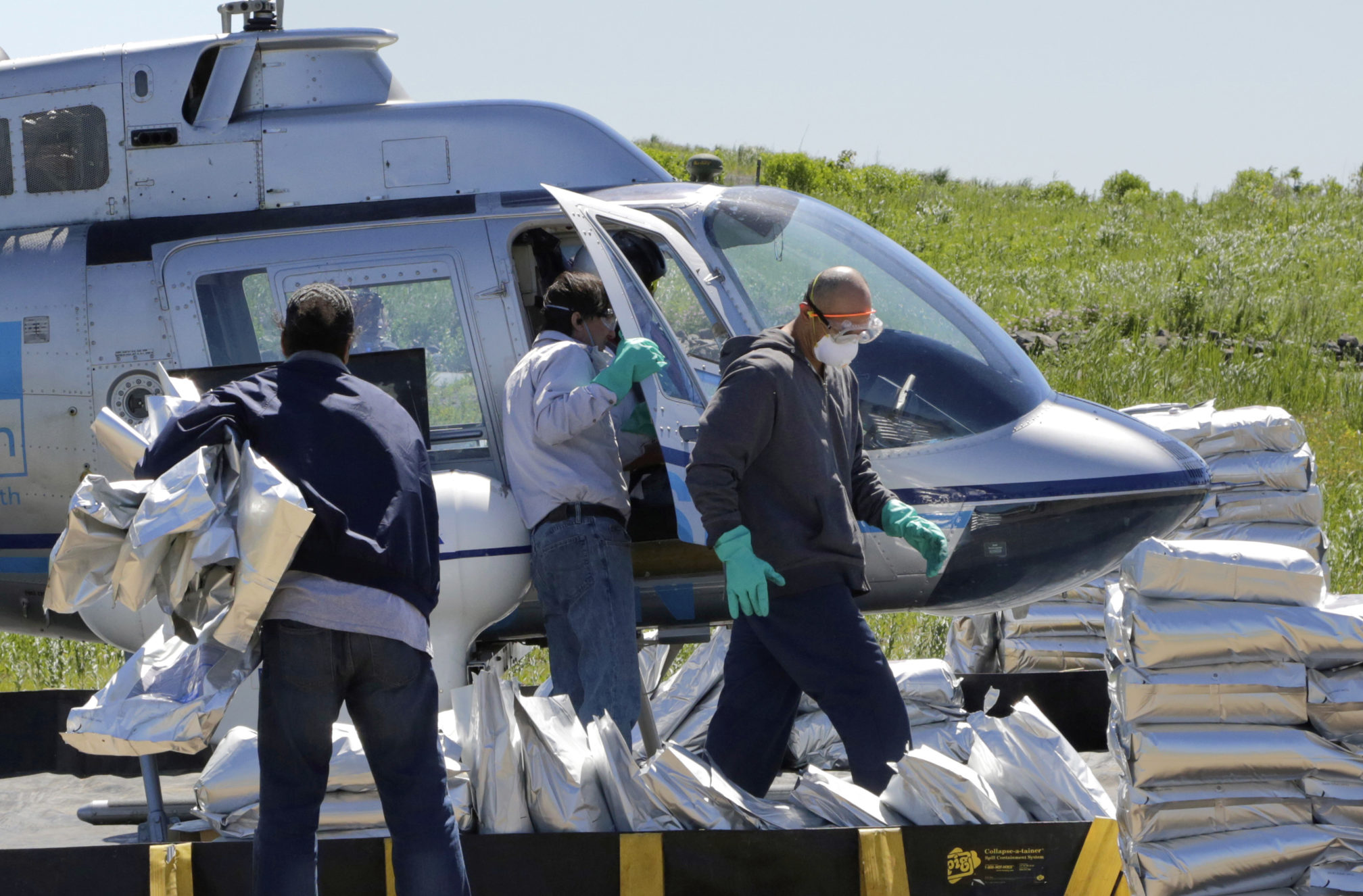West Nile mosquitoes detected in Brooklyn
City urges residents to cover up.

Culex mosquitoes infected with the West Nile virus have been discovered in New York City Health Department monitoring traps in Brooklyn, Queens and Staten Island, the city said Wednesday afternoon.
The Health Department is urging people to protect themselves from mosquito bites using insect repellent and protective clothing.
While most people infected with West Nile suffer no long-term damage, about 20 percent come down with either West Nile Fever or more severe neuroinvasive effects, ranging from headache or neck stiffness to convulsions, encephalitis, meningitis or death. These effects are more common in people 50 and older or those who have weakened immune systems.

Brooklyn Boro
View MoreNew York City’s most populous borough, Brooklyn, is home to nearly 2.6 million residents. If Brooklyn were an independent city it would be the fourth largest city in the United States. While Brooklyn has become the epitome of ‘cool and hip’ in recent years, for those that were born here, raised families here and improved communities over the years, Brooklyn has never been ‘uncool’.